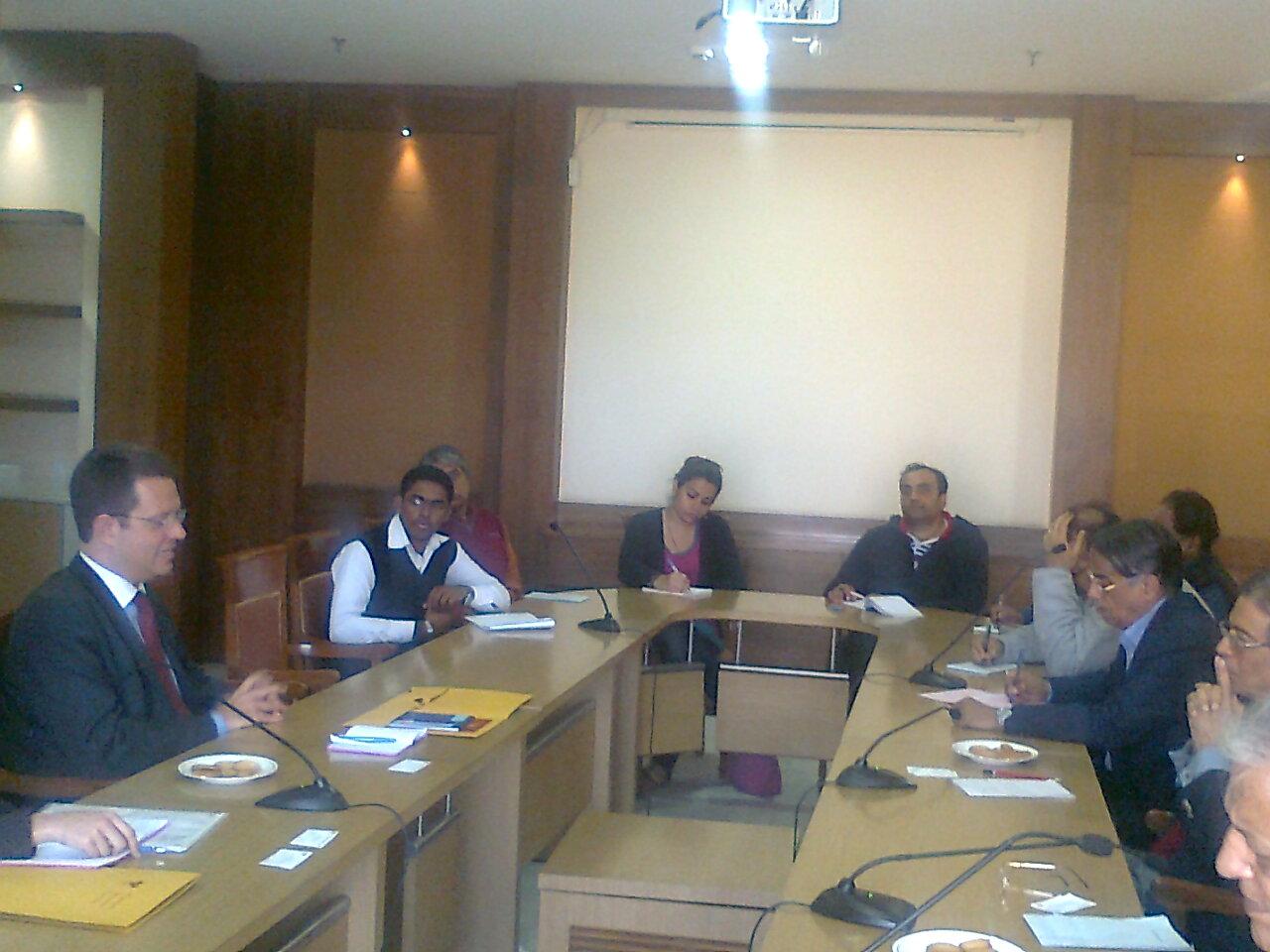Abstract This paper aims to explain how and why London came to be a hub for Pan-Islamist jihadism during the 1990s. It posits that the origins of the ‘Londonistan’ phenomenon lie in a long British tradition of using intelligence to obta....
This essay argues that if Indian think tanks are to influence policy, they need to replicate the conditions under which policy allows itself to be shaped by expert advice. The essay uses the 19th century Prussian General Staff as a model to highlight....
Professional diplomats will find little that is new or startling in the Wikileaks cables. For them the quality and content of reporting in the leaked cables is quite standard fare. Transmitting to Headquarters information gleaned from contacts, asse....
Amid growing international concerns, the People’s Republic of China presented its latest defence budget on 4 March 2011, a day ahead of the opening of the Republic’s Ninth National People's Congress. The budget shows a marked increase of 12.6 per....
At a time when the reconciliation process to bring the different factions in Nagaland together was gaining in ground, the announcement by NSCN (K) and NNC that their respective leaders, SS Khaplang and S Singnya would not be participating in the fort....
Introduction: The complementary nature of Indian and Japanese economies, and their converging political and security interests have led to the enhancement of India- Japan relations in the recent times. While the emergence of a new India has o....
Apropos our decision to resume a “comprehensive” dialogue with Pakistan, the question needs to be asked why we want to play the same game with our neighbour again and again when we know that it does not want to play by accepted rules, or interpre....
‘Breaking India – Western Interventions in Dravidian and Dalit Faultlines’a book jointly authored by Rajiv Malhotra, chief of the Princeton based Infinity Foundation and a Distinguished Fellow, Vivekananda International Foundation (VIF) ....
....
The Indian view on the situation in Afghanistan and the future of the country was examined. In addition to the Indian perspective, the views of other countries, like Pakistan, Iran, Russia and Central Asian countries on the current situation in Afgha....




